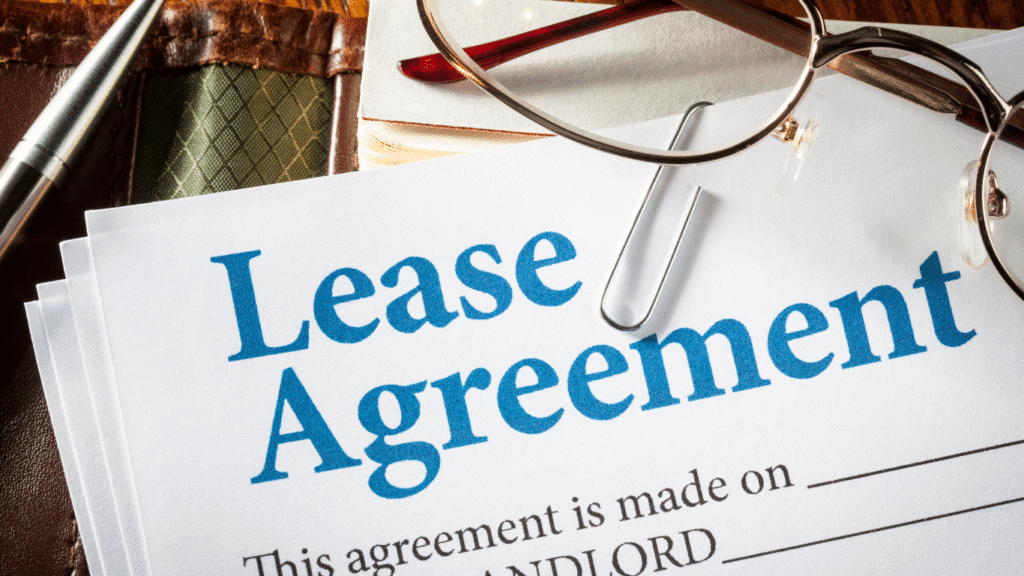When it comes to selling your business, most owners focus on revenue, staff, and systems. But there’s one document that can quietly make or break your deal: your lease.
In our experience at The Brokerage Connection, the lease agreement is often one of the most scrutinised documents during due diligence—especially in retail, hospitality, and any business with a physical footprint. And yet, it’s also one of the most overlooked.
So what exactly are buyers looking for in your lease? And what can you do to ensure it supports—not sabotages—your sale?
Let’s break it down.
1. Lease Term Remaining (And Why It Matters)
One of the first things a buyer will ask is: How much time is left on the lease?
A short lease with no options can scare buyers away—especially if your location is critical to the brand. A longer lease term with options to renew, on the other hand, signals stability and can even increase your business valuation.
Tip: If your lease has less than 12 months remaining, consider negotiating a renewal or extension with your landlord before going to market.
2. Assignment Clauses and Landlord Approval
Most commercial leases have an assignment clause, which outlines whether and how you can transfer the lease to a buyer.
Some landlords require written approval and may even have the right to reject a potential assignee. Others might impose additional conditions, such as a new security bond or rental increase.
If this isn’t addressed early, it can delay your sale—or derail it altogether.
Solution: Review your lease’s assignment clause and speak to your landlord ahead of listing. Smooth the path now, so the process is faster later.
3. Rent Reviews and Outgoings
Buyers will also examine your lease for rent escalation clauses—such as CPI increases or fixed annual uplifts.
Excessive rent increases or hidden outgoings (like maintenance levies, marketing fees, or insurance) can turn a profitable business into a risky one in a buyer’s eyes.
Action Step: Provide full transparency on all rental terms, including a breakdown of current rent, upcoming increases, and any additional fees.
4. Restrictions and Use Clauses
Some leases include restrictive use clauses, zoning limitations, or exclusivity agreements that affect what the buyer can and can’t do in the space.
For example, if your lease only allows for “café use,” a buyer who wants to convert the space into a retail bakery may not be approved.
Pro Tip: Clarify the approved use and any limitations up front. Flexibility is attractive to buyers with future growth plans.
5. Lease History and Landlord Relationships
Buyers want confidence that the landlord is reasonable, professional, and open to the sale. If there’s a history of disputes, late rent payments, or erratic behaviour from the landlord, this can raise red flags.
It’s also worth noting that a supportive landlord can be a major selling point—especially if they’re willing to sign off on a new long-term lease or support expansion plans.
Recommendation: Highlight a positive landlord relationship in your sale documents and be ready to introduce your landlord to serious buyers.
Don’t Let Your Lease Be a Deal-Killer
Your lease is more than a document—it’s a signal of business continuity, future stability, and buyer confidence.
That’s why, at The Brokerage Connection, we guide all our sellers through a full lease review before listing. If there’s anything that might concern a buyer, we help you fix it early—so your deal stays on track.
📞 Thinking of selling your business?
Get a free consultation with one of our experienced business brokers to assess your lease, your readiness, and your options.



